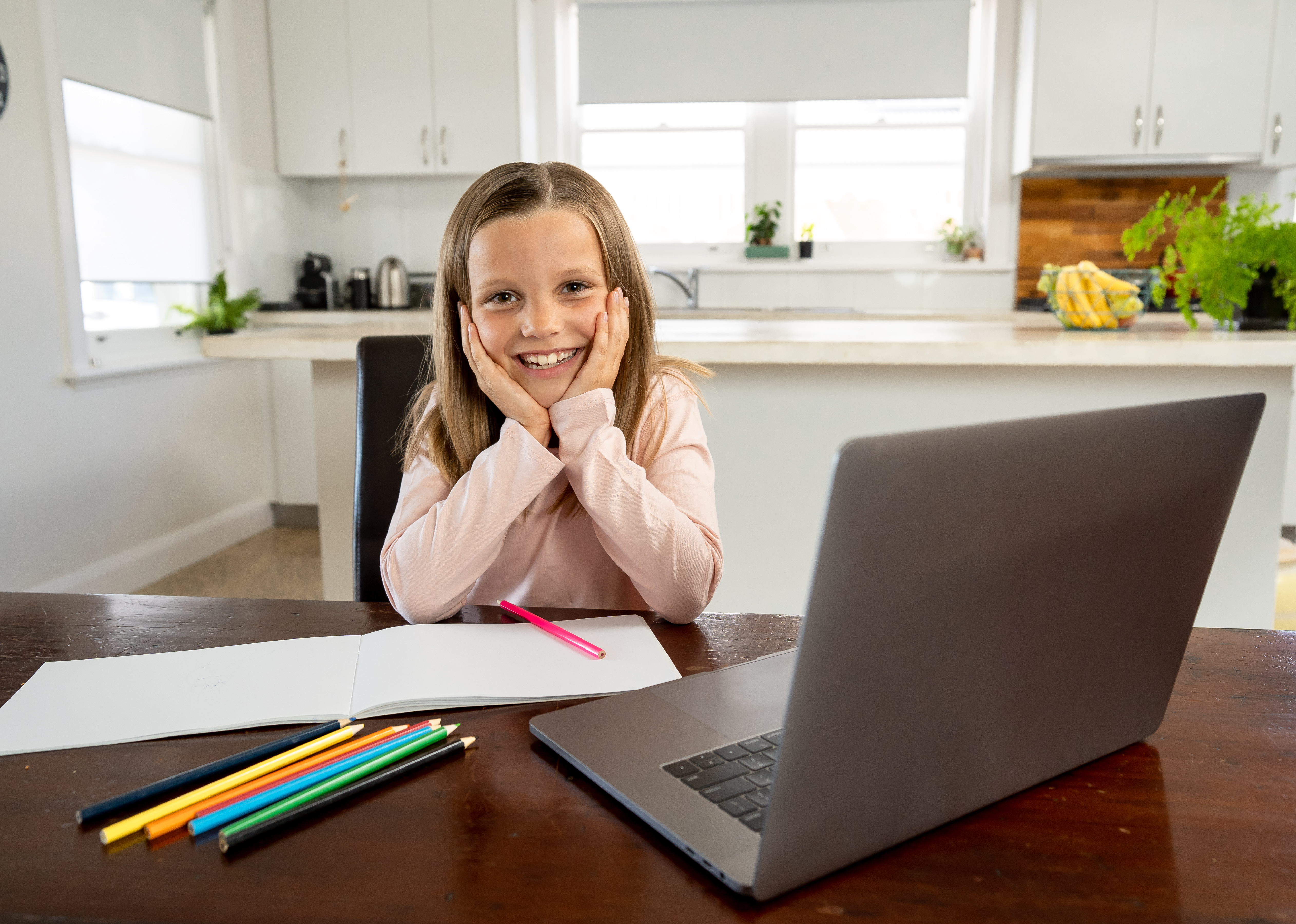In mid-March, as the coronavirus pandemic swept across the world, young people everywhere experienced abrupt, unprecedented loss: loss of normalcy, social interactions, and in-person learning opportunities. Youth were required to give up their favorite pastimes, such as playing sports and taking music lessons. They were forced to trade in dynamic learning opportunities for pre-recorded content delivered via a computer screen. The COVID-19 pandemic has created collective hardships for children and adolescents.
By nature, children are social beings. They form their own identities through healthy social interactions with peers, teachers, and family members. Although social distancing is extremely important for public health reasons, it can easily contribute to poor mental health and academic outcomes for young people.
Now more than ever before, social-emotional learning is critical to healthy development and positive outcomes for children and adolescents. Social-emotional learning refers to the way in which children understand and process their feelings and emotions, form healthy social connections, develop empathy for others, and make responsible decisions. Here are a few ways in which social-emotional learning can help the youth succeed during the COVID-19 pandemic and beyond:
Social-emotional learning helps children and adolescents better understand and regulate their emotions, including negative emotions that naturally result from the pandemic.
Even healthy, well-adjusted adults struggle to manage emotions, including anxiety, uncertainty, anger, and grief. As challenging as 2020 has been for many adults, it has been doubly stressful and confusing for children. Social-emotional learning can support young people in actively processing their feelings, leading to healthier long-term emotional outcomes.
Social-emotional learning supports young people in building and maintaining healthy peer relationships, which is especially critical during a time of social distancing.
Positive interactions with peers are crucial for social development, yet the pandemic has stunted this growth opportunity for many young people. When effectively facilitated through a virtual learning platform, like videoconferencing software, social-emotional learning curriculums can have a tremendous positive impact on children’s social interactions and sense of peer connection.
Social-emotional learning gives young people a sense of autonomy and helps them build an entrepreneurial spirit, which is critical when navigating the pandemic.
Developing a unique purpose, passion, and vision are essential to developing grit and determination. This helps young people face their fears and move confidently, even into an uncertain future.
Social-emotional learning supports academic achievement.
The COVID-19 pandemic has created unusual academic challenges for young learners. Many Massachusetts students have expressed concern with the lack of consistent interaction with teachers, learning packets that often equate with “busy work,” and a lack of dynamic in-person learning opportunities, such as science labs and other kinesthetic learning options. Social-emotional learning supports students in developing deeper self-awareness and encourages them to unlock their untapped strengths. This allows young people to increase academic achievement regardless of their learning environment, be it virtual, in person, or both.
Social-emotional learning content can be successfully delivered in a virtual space.
In fact, some curriculums, such as Empowering Confident Youth, were written with virtual learning accommodations in mind and are designed to have a profound impact on learners. Empowering Confident Youth was developed by Jean Paul Paulynice, a Massachusetts resident, Forbes-featured, Book Award Winner, best-selling author, and education advocate.
The 2020–2021 school year will extend unprecedented challenges to Massachusetts students and staff members alike. Despite the challenging times that we are all living through, there are critical interventions available that are designed to support the emotional, social, and academic well-being of young people during this time. Now more than ever before, social-emotional learning is critical for positive student outcomes.


